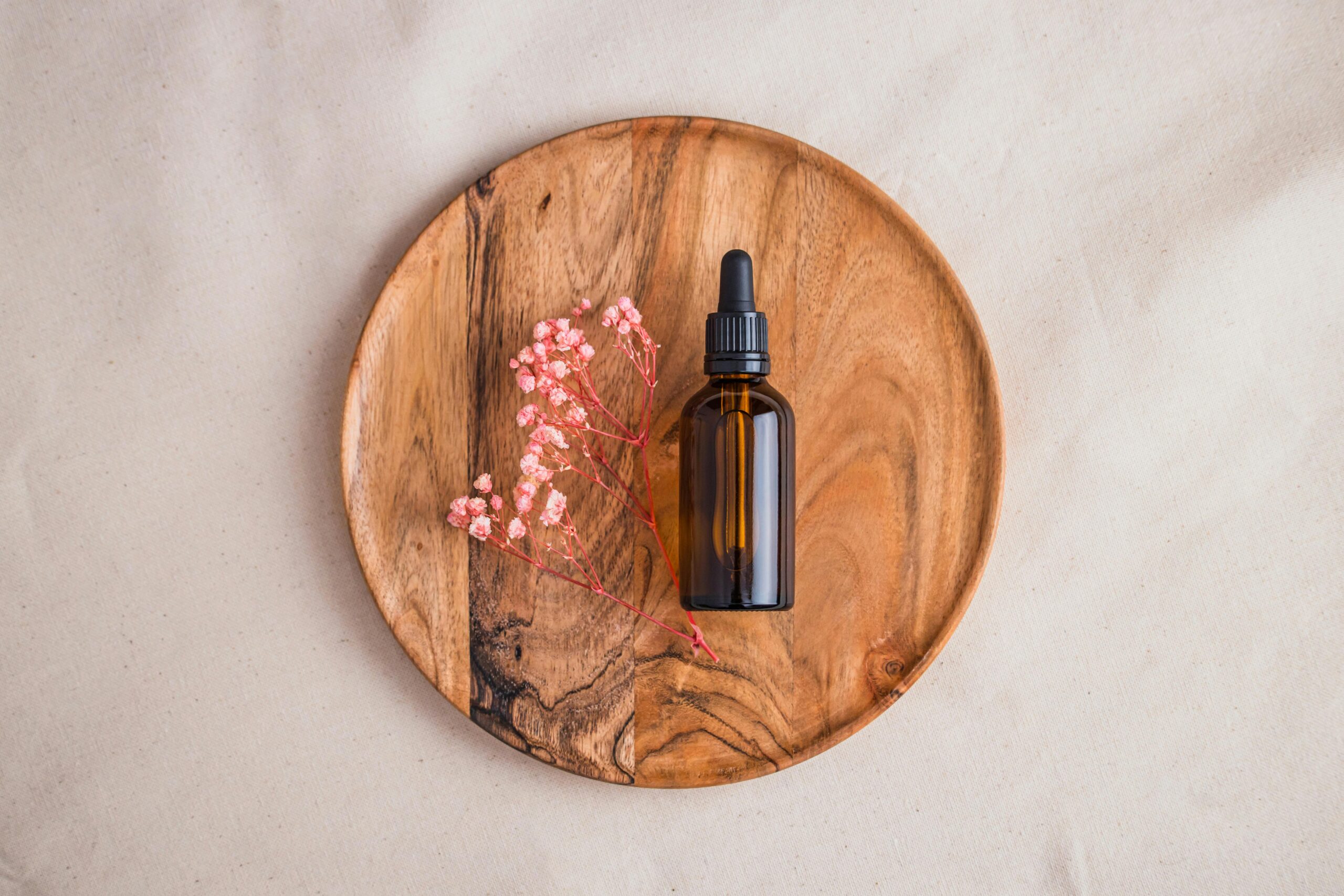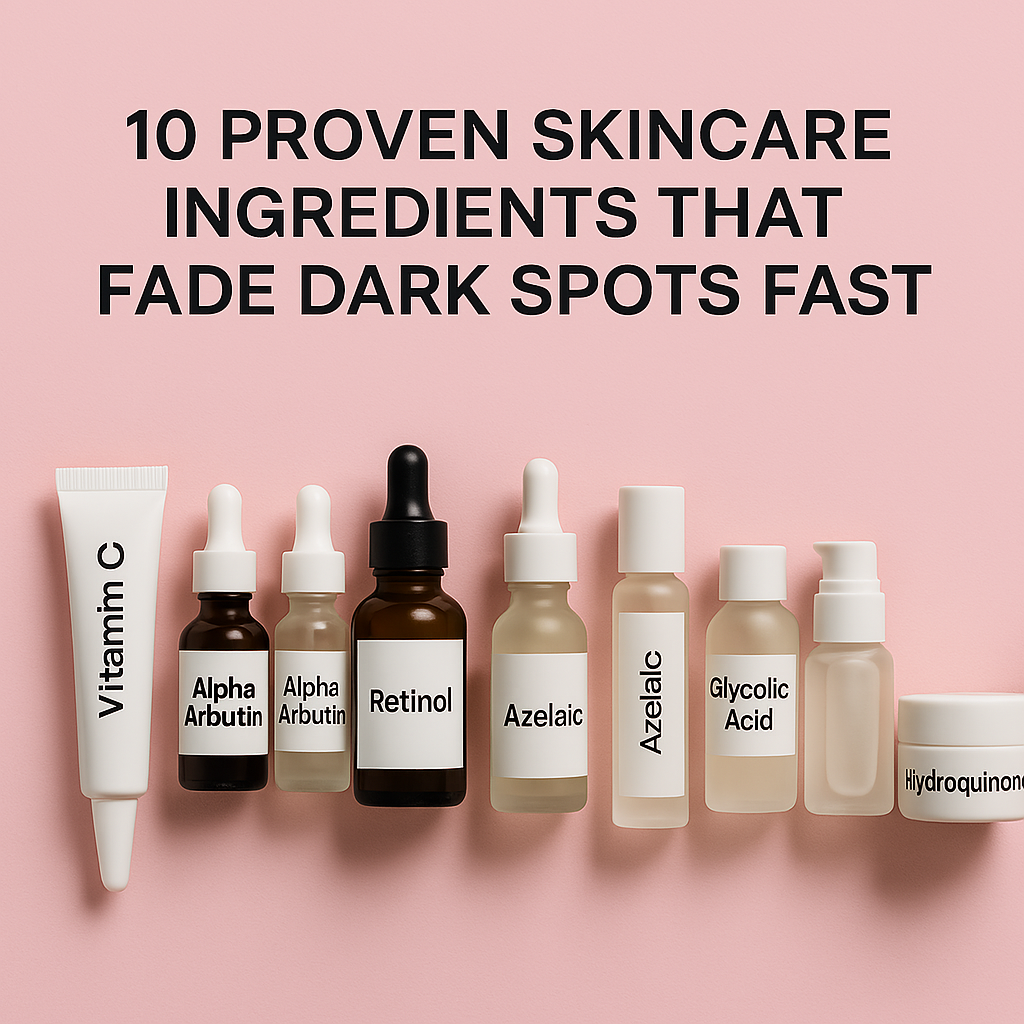Serums have become a staple in skincare routines, but with so many options available, choosing the right one for your skin can be overwhelming. Whether you’re looking for hydration, anti-aging benefits, or brightening effects, serums are packed with concentrated ingredients that can address specific skin concerns more effectively than moisturizers. In this ultimate guide, we’ll break down everything you need to know about skincare serums, including their benefits, how to choose the right one for your skin, and how to incorporate them into your routine.
What Is a Skincare Serum?
A serum is a lightweight, highly concentrated formula that delivers active ingredients deep into the skin. Unlike moisturizers, which work on the surface, serums penetrate deeper layers to target specific skin issues. They usually contain a higher concentration of active ingredients like vitamins, peptides, antioxidants, and hyaluronic acid. Serums are designed to tackle concerns such as fine lines, uneven skin tone, acne, and dryness, and they can provide quick and visible results with regular use.
Key Benefits of Skincare Serums
- Targeted Treatment: Serums are designed to address specific skin issues, making them more effective than general skincare products. Whether you’re looking for anti-aging, brightening, or hydration, there’s a serum for your needs.
- Deep Penetration: Due to their smaller molecular size, serums can penetrate deeper layers of the skin, allowing the active ingredients to work more efficiently.
- Non-Greasy Formula: Serums are typically lighter and less greasy than moisturizers, making them ideal for those with oily or acne-prone skin. They can hydrate without clogging pores.
- Improved Skin Texture and Tone: Regular use of serums can help smooth skin texture, brighten dark spots, and improve overall skin tone for a more radiant complexion.
Types of Skincare Serums and Their Benefits
- Hydrating Serums: If you’re dealing with dry skin, a hydrating serum with ingredients like hyaluronic acid or glycerin is a must. These ingredients help attract moisture to the skin, leaving it plump and hydrated.
- Anti-Aging Serums: For those concerned with fine lines and wrinkles, look for serums with retinol, peptides, or vitamin C. These ingredients promote collagen production and improve skin elasticity, giving you a more youthful appearance.
- Brightening Serums: To combat dark spots, hyperpigmentation, and uneven skin tone, brightening serums with ingredients like vitamin C, niacinamide, or alpha arbutin are excellent choices. They help lighten dark spots and improve skin radiance.
- Acne-Fighting Serums: For acne-prone skin, choose a serum with salicylic acid or niacinamide. These ingredients can help clear pores, reduce inflammation, and prevent breakouts.
How to Choose the Right Serum for Your Skin
When selecting a serum, it’s essential to consider your skin type and concerns. Here’s a guide to help you choose:
- Dry Skin: Opt for hydrating serums with ingredients like hyaluronic acid, glycerin, or ceramides to boost moisture levels.
- Oily/Acne-Prone Skin: Look for lightweight, non-comedogenic serums with ingredients like salicylic acid, niacinamide, or tea tree oil to control excess oil and prevent breakouts.
- Aging Skin: If fine lines and wrinkles are your concern, choose serums with retinol, peptides, or antioxidants like vitamin C to promote collagen production and reduce signs of aging.
- Sensitive Skin: Opt for soothing serums with calming ingredients like chamomile, aloe vera, or calendula to reduce irritation and inflammation.
How to Use a Skincare Serum
- Cleanse Your Skin: Start with a gentle cleanser to remove dirt, makeup, and impurities.
- Apply a Toner (Optional): If you use a toner, apply it before your serum. It helps to balance the skin’s pH and prepare it for better absorption of the serum.
- Apply the Serum: Take a few drops of the serum and gently massage it into your face and neck. Avoid the eye area unless the serum is specifically designed for it.
- Follow with Moisturizer: After the serum has absorbed, apply a moisturizer to lock in hydration and seal the active ingredients.
- Sunscreen: If you’re using a serum with ingredients like vitamin C or retinol, be sure to wear sunscreen during the day, as these can make your skin more sensitive to the sun.
Common Mistakes to Avoid
- Layering Too Many Serums: While it’s tempting to layer multiple serums, it’s important to avoid overloading your skin with too many active ingredients, which can lead to irritation.
- Using Serums Before Cleanser: Always cleanse your skin first to ensure that your serum can be absorbed properly.
- Not Using Sunscreen: Certain active ingredients like retinol and vitamin C can increase sun sensitivity, so always follow up with sunscreen.
Conclusion
Incorporating a serum into your skincare routine can make a noticeable difference in the health and appearance of your skin. By understanding your skin’s needs and choosing the right serum, you can effectively target specific concerns like dryness, aging, or acne. Remember to be consistent, and over time, you’ll see visible improvements in your complexion. Whether you’re new to serums or looking to upgrade your routine, the right serum can be a game-changer for your skin!





